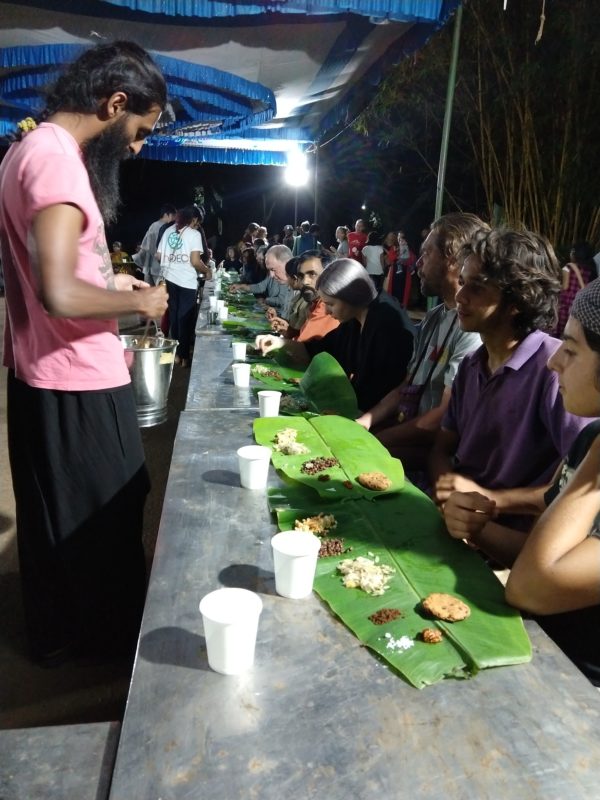Derry’s response –
The Guardian has a story about the new East Kent Sudbury School this morning – claims it is a ‘bohemian’ and elitist private school in an area of social deprivation.
Here is my just published letter to the supposedly progressive paper –
“I am a retired state school teacher. I attended a Kent grammar school from a working class background (dad a London bus driver). Most of my primary school friends went to secondary modern schools. I ended up at Oxford University – my primary school friends from secondary moderns did not. In my opinion the 11 plus exam was largely luck so I chose to work as a teacher in a secondary modern school. I was a year 7 Humanities teacher with the same class for half the week. The kids arrived in my class with a terrible sense of failure and having let their parents down. I encouraged them to study things they were interested in and ran the class as a democratic community with a weekly meeting to make and enforce class ‘laws.’ Their confidence began to recover and I had a lot of support from parents. I am still in touch with some of these 60 year-old ‘kids.’ Some, against all the odds, went on to get degrees and one ended up as head of a primary school and a strong believer in ‘student voice.’
It has become very hard for state school teachers who want to work in this way to develop the creativity and curiosity of their pupils. The desperately underfunded state system has become obsessed with testing and is driving many of the best teachers to leave the profession – and many more would if they could.
I am opposed to most private schooling in the UK which functions to reproduce a social elite – (often used by Guardian journalists.) I am deeply attracted to the systems of Finland or Norway where private education is almost non-existent yet innovation is encouraged within their state systems. We need more innovation in our state system and less rigid ‘fear-of-Ofsted’ conformity. Until we have this I support small experiments such as the East Kent Sudbury School which is not aiming to produce a social elite but merely to see what happens if kids are allowed to follow their own interests in a community that is run democratically and grounded in respect for human rights.”



















